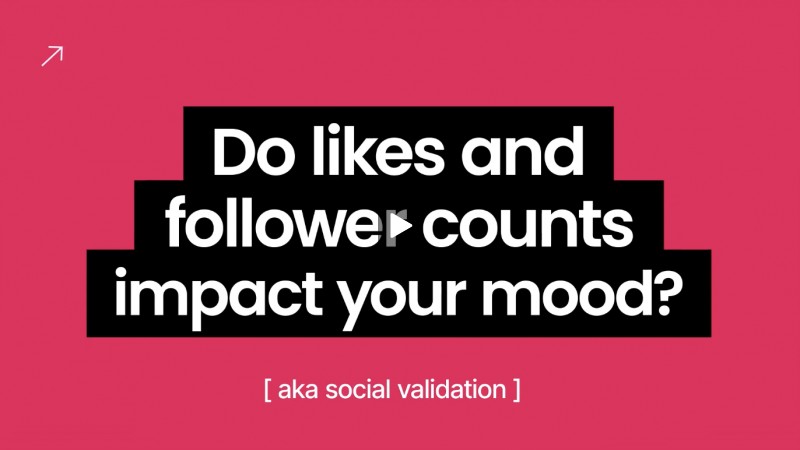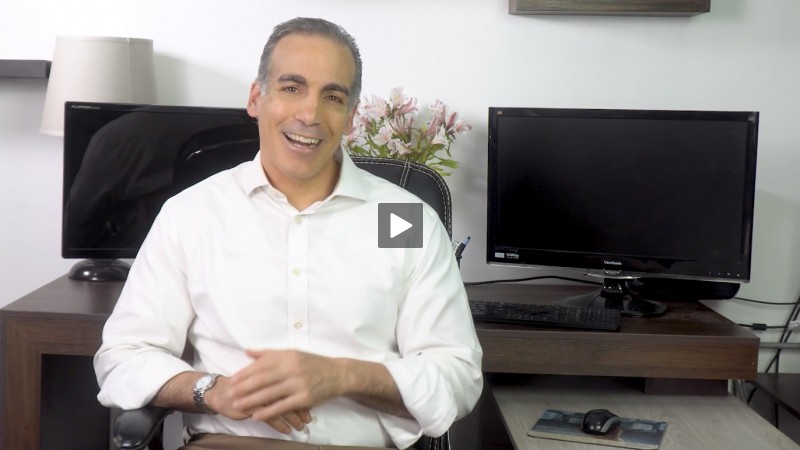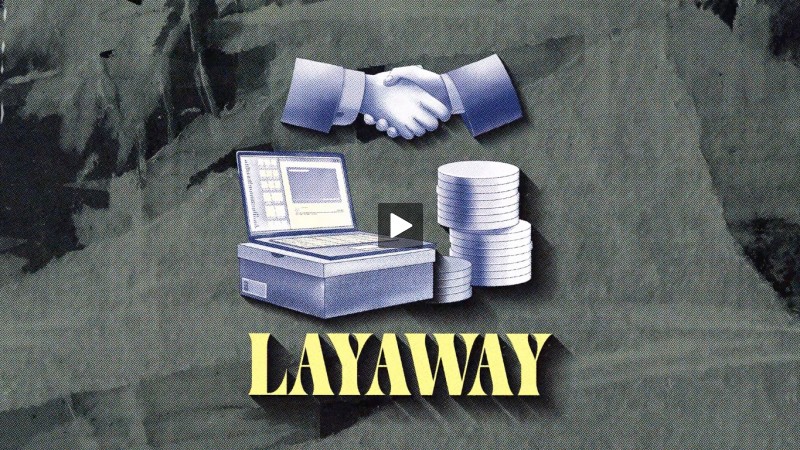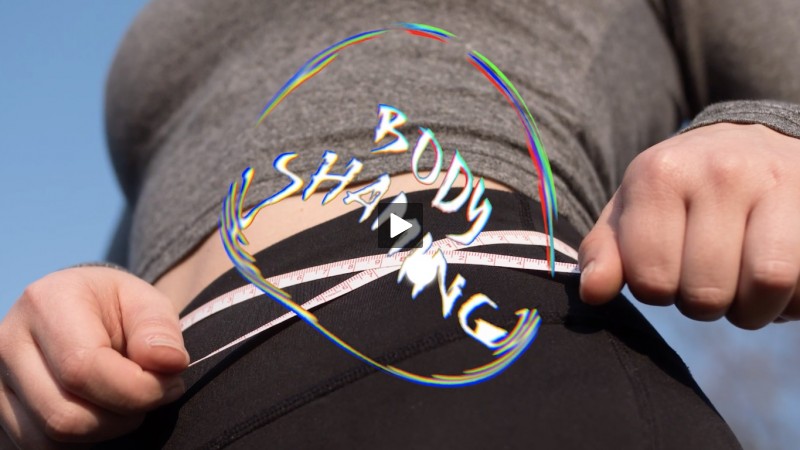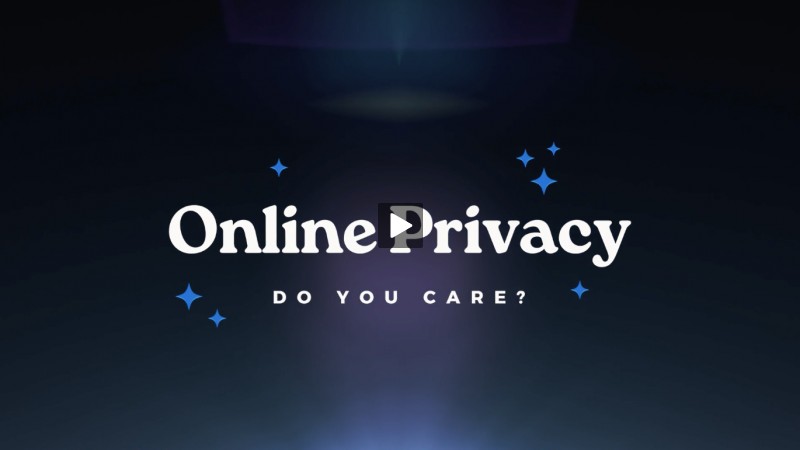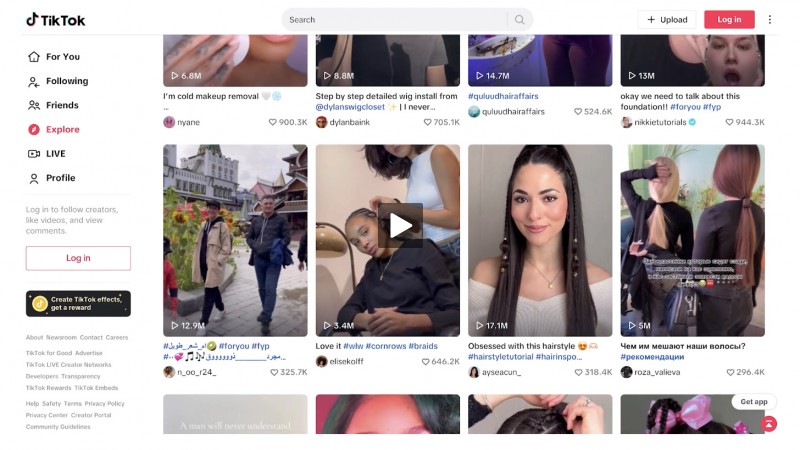How Brushing Scams Can Swipe You under the Carpet!
- Details
- Category: Articles

Have you seen our recent video on whether you can trust online reviews or not...? With brushing scams coming into play, the answer is a plain "no."
So, what is a brushing a scam, and how can it impact you?
So, what is a brushing a scam, and how can it impact you?
Simply put, a brushing scam happens when someone sends you free stuff in the mail, or even sends you empty packages.
Wait... What?
Yes... Exactly that. A manufacturer might send you free stuff either to boost their sales or to be able to put in "fake" 5-star reviews about their product.
If you think free stuff can't possibly be bad, think again...
I'm sure you've noticed that when you order something online (think Amazon), you become a "verified buyer" and can post a review about that product online. Well, if a manufacturer sends you their product, they can put a raving review about their own product online, in your name.
This is bad for 2 reasons:
A fake review may encourage people to buy worthless stuff. This person could be you, too! If you are looking into buying a product or service, and you do your research, you usually look into reviews, am I right? If the reviews turn out to be fake and you buy a worthless product, that money is going out the window!
Your name and address (and who knows what else) are out there, and are being used by people. While this in itself may seem pretty harmless, think about this:
- How did they get your information? Did they look it up in the phonebook? Probably not.
- Did they buy your details from a marketer? Much more likely.
- Did they get it through a hack? That could be the case, too. In that case, what other information do they have on you? There is no way to tell.
What to Do
So, if you receive free stuff or empty packages on your doorstep, here's what to do:
Report the fake review to the online seller and/or retailer. "Brushing" is illegal in most countries and websites are obliged to take fake reviews offline.
Change the passwords on your online accounts (even the ones that have nothing to do with shopping, like your social media). If there's any chance your account was hacked (and if that is how your info was retrieved), you don't want to take any chances.
Report the scam to ftc.gov. Don't let other people fall prey to the same scam!
Read up a little more on brushing scams. Here's a link to an article by the ID Theft Resource Center and a good blog post by FindLaw.
Even though you may not think you can get hurt by a brushing scam—or that it feels pretty harmless to receive free stuff—take brushing scams seriously. Brushing is great for your teeth, but it's not good for your online safety or pocketbook!
Makes sense? Good luck out there, and keep your money in your pocket!
Cheers, Will















